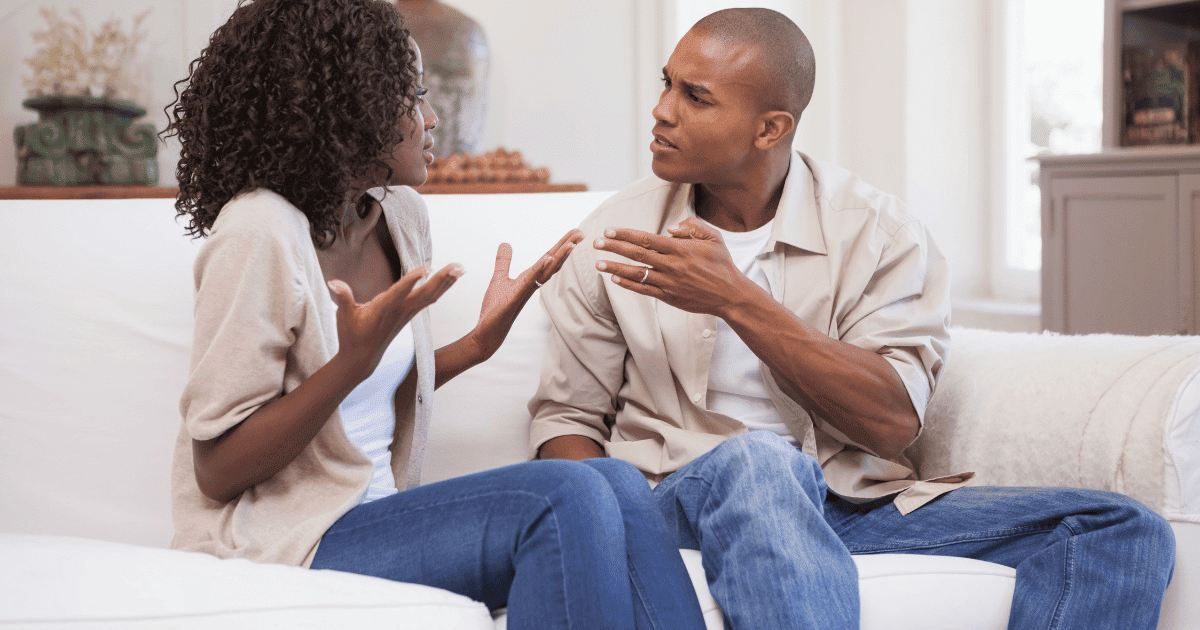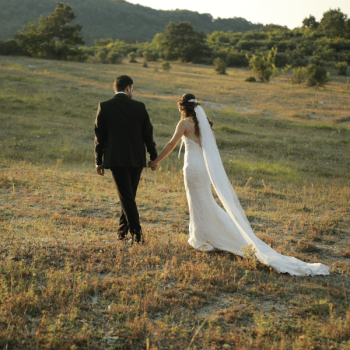Action Step #5: Take responsibility for your own words and actions
At its core, defensiveness is a coping mechanism that pushes attention away from us and tries to avoid unpleasant feelings in the moment (although not very successfully) but does nothing to solve the underlying issues in the long run. This often means (and makes others around you believe) that you are unwilling to address your own shortcomings. As this article from The Gottman Institute observes, responsibility is the antidote to defensiveness.
What might greater responsibility look like practically in the heat of conversation?
- “You’re right. I did see all the things that weren’t quite right rather than appreciating what you did Please forgive me.”
- “I can see your viewpoint that I threw you under the bus at the meeting. I didn’t intend to, but I want to own my part of this.”
- “I want to do better. Please be patient with me as I grow in this area.”
That last strategy contains a key word: grow. According to neuroscience, neurobiology, and scripture, a growth attitude is a key factor to wholeness and healing. Research finds that if you believe you can grow, you are more likely to take responsibility for your actions.
This is not “caving” to the other person; it is a determination to become a responsible, mature person ourselves.
Owning what we can do is crucial since we cannot change the other person—only ourselves. And yet when we do set aside defensiveness and take responsibility, it often results in completely breaking the cycle of both people being defensive. How?
Well, imagine that the other person—your spouse, that difficult colleague—has got their fists up, ready to protect their face from your next brutal jab. But then … you apologize and ask for forgiveness instead. Wait, what? That interrupts everything about the cycle. So then what happens? In the moment—and certainly over time—there is no reason for them to have their fists up and be defensive! So they drop their guard. They are less likely to jab back.
As each of you stop jabbing at each other, you start to each trust that you can keep your guard lowered. You start letting each other in again rather than prioritizing self-protection, which leads to a crucial attitude change.














